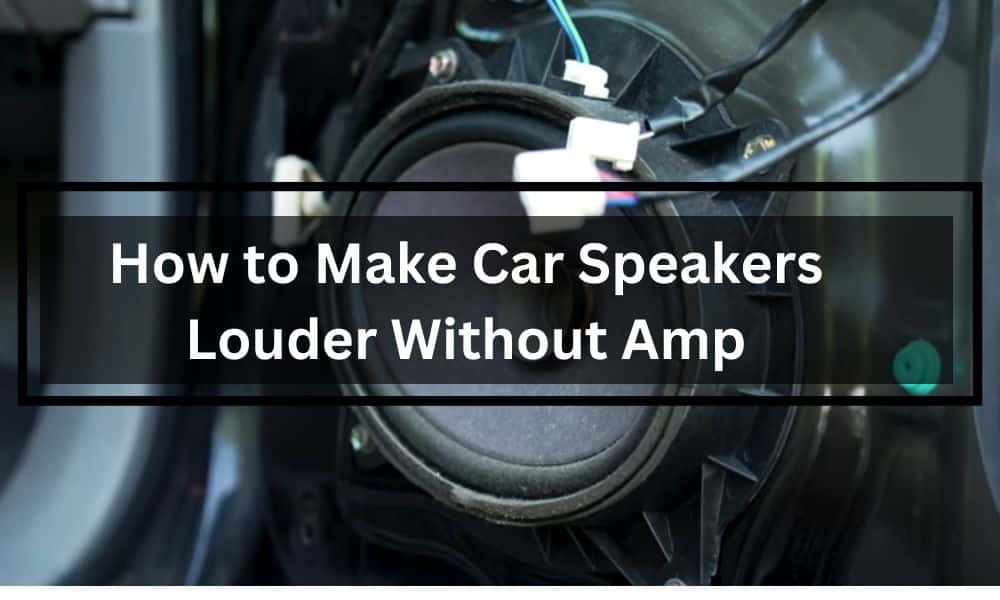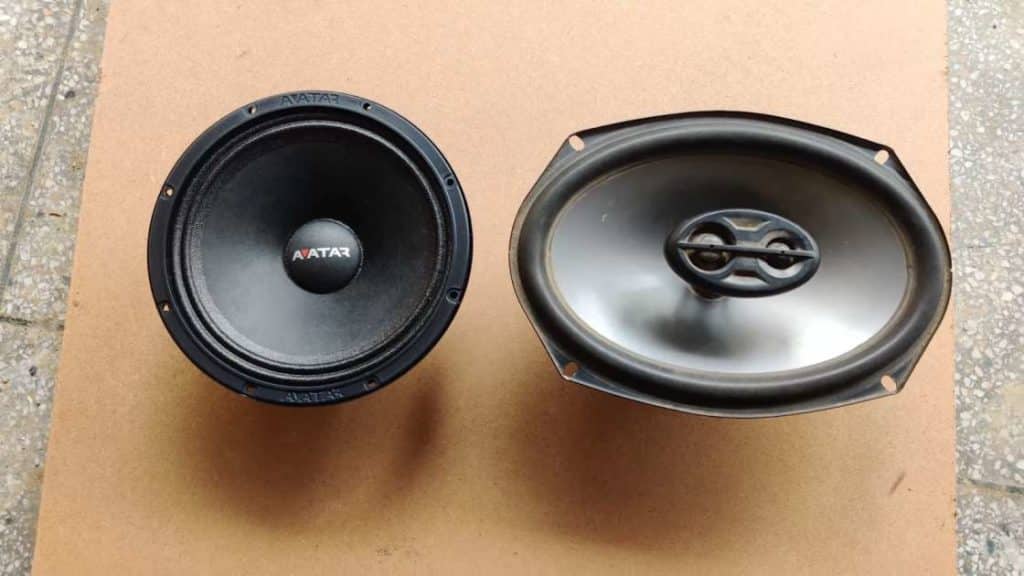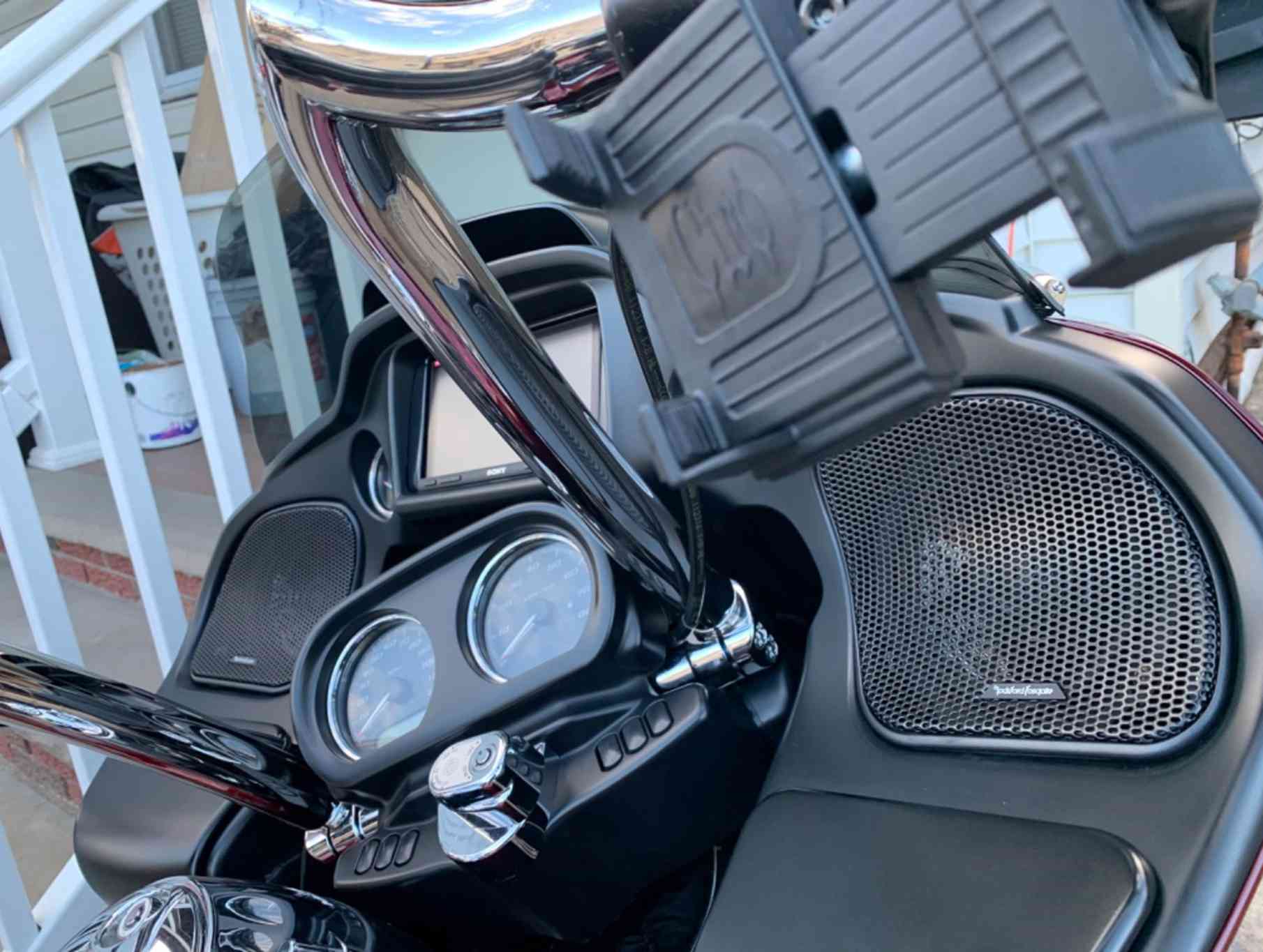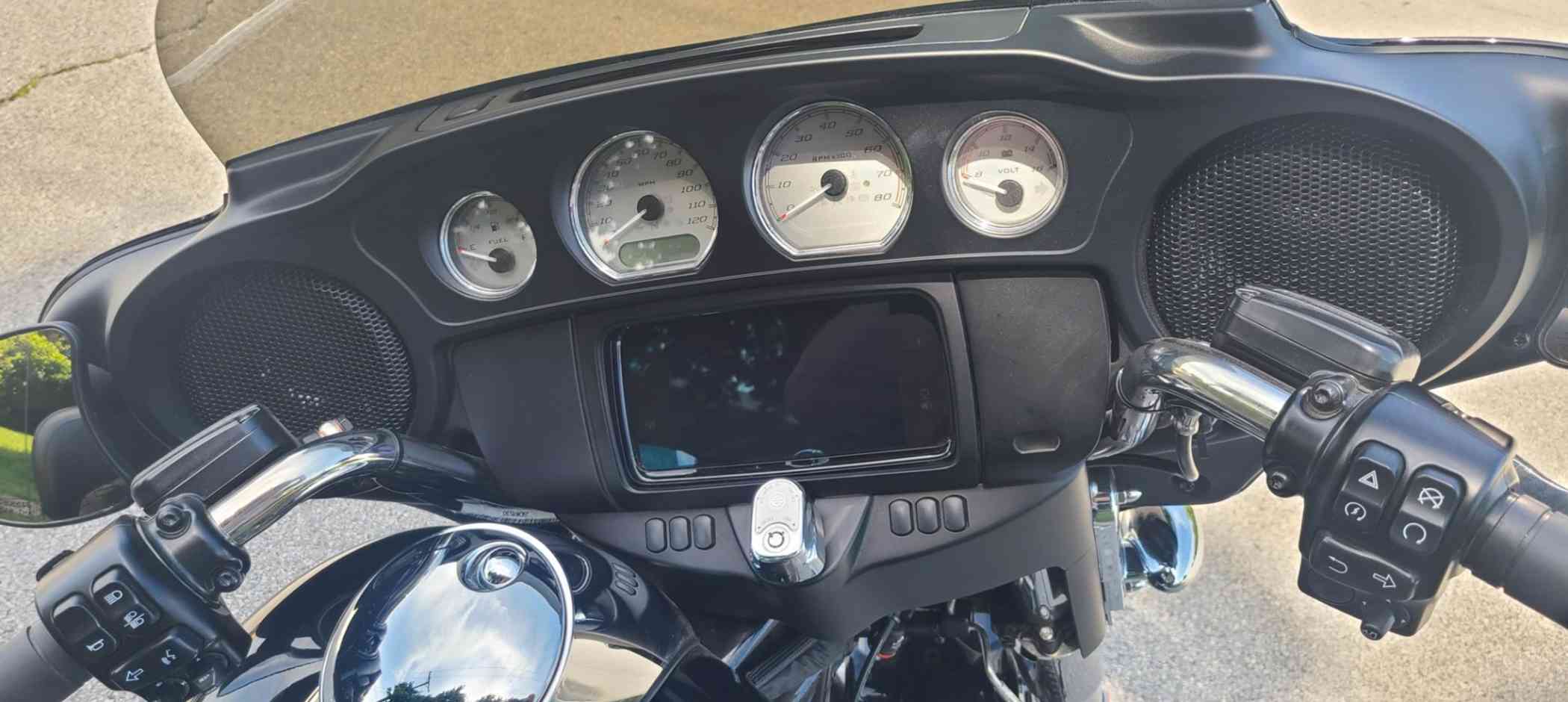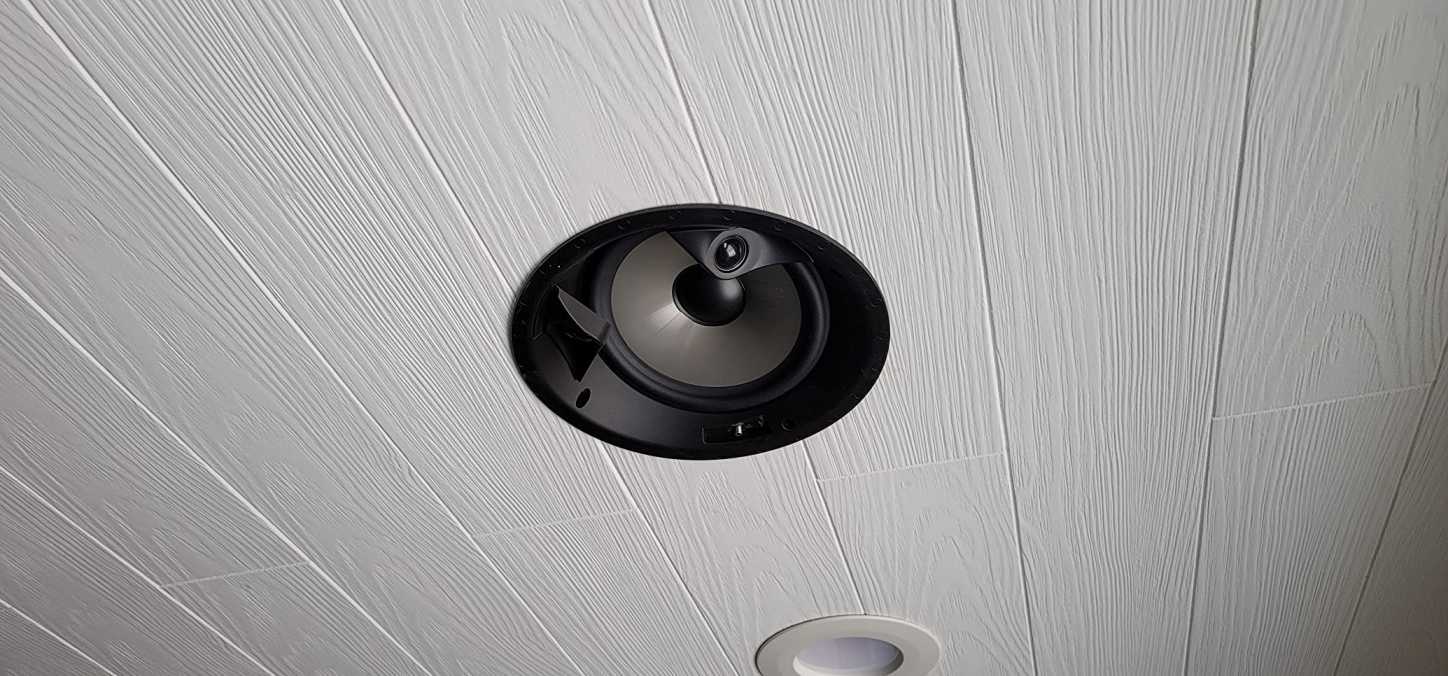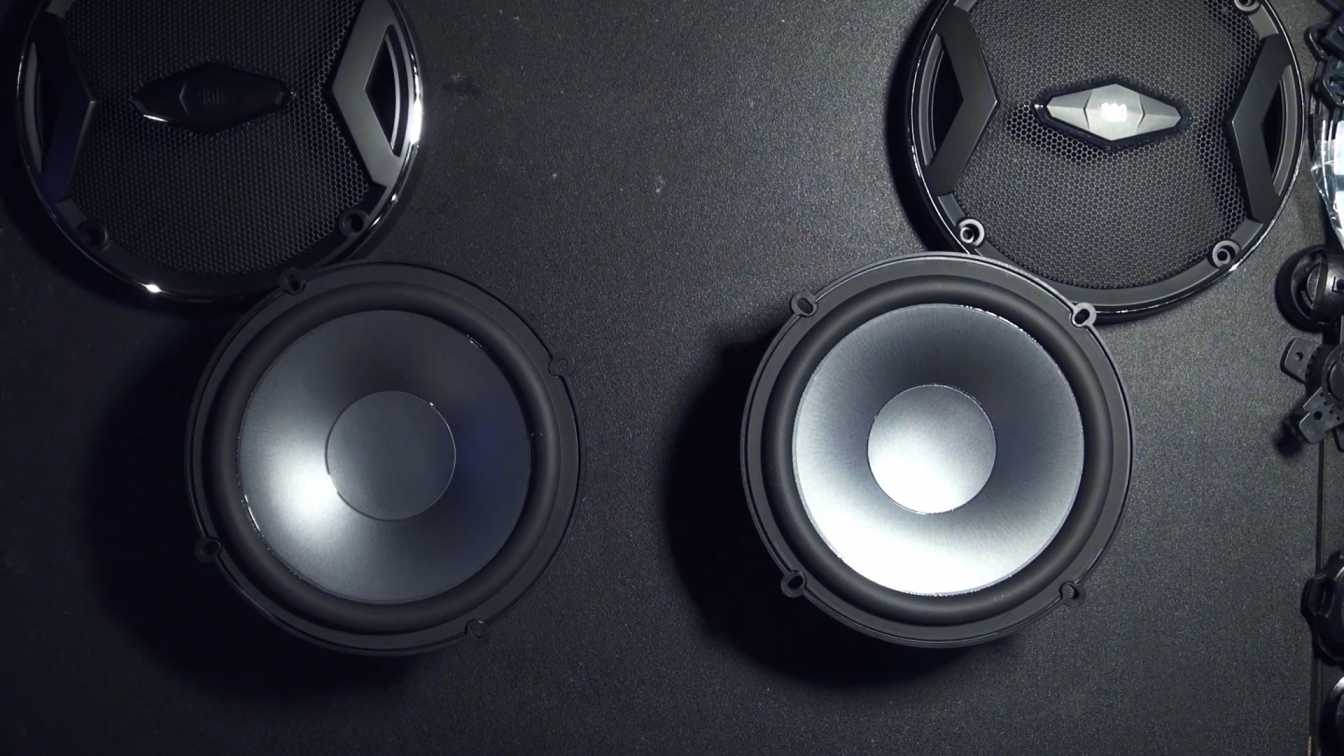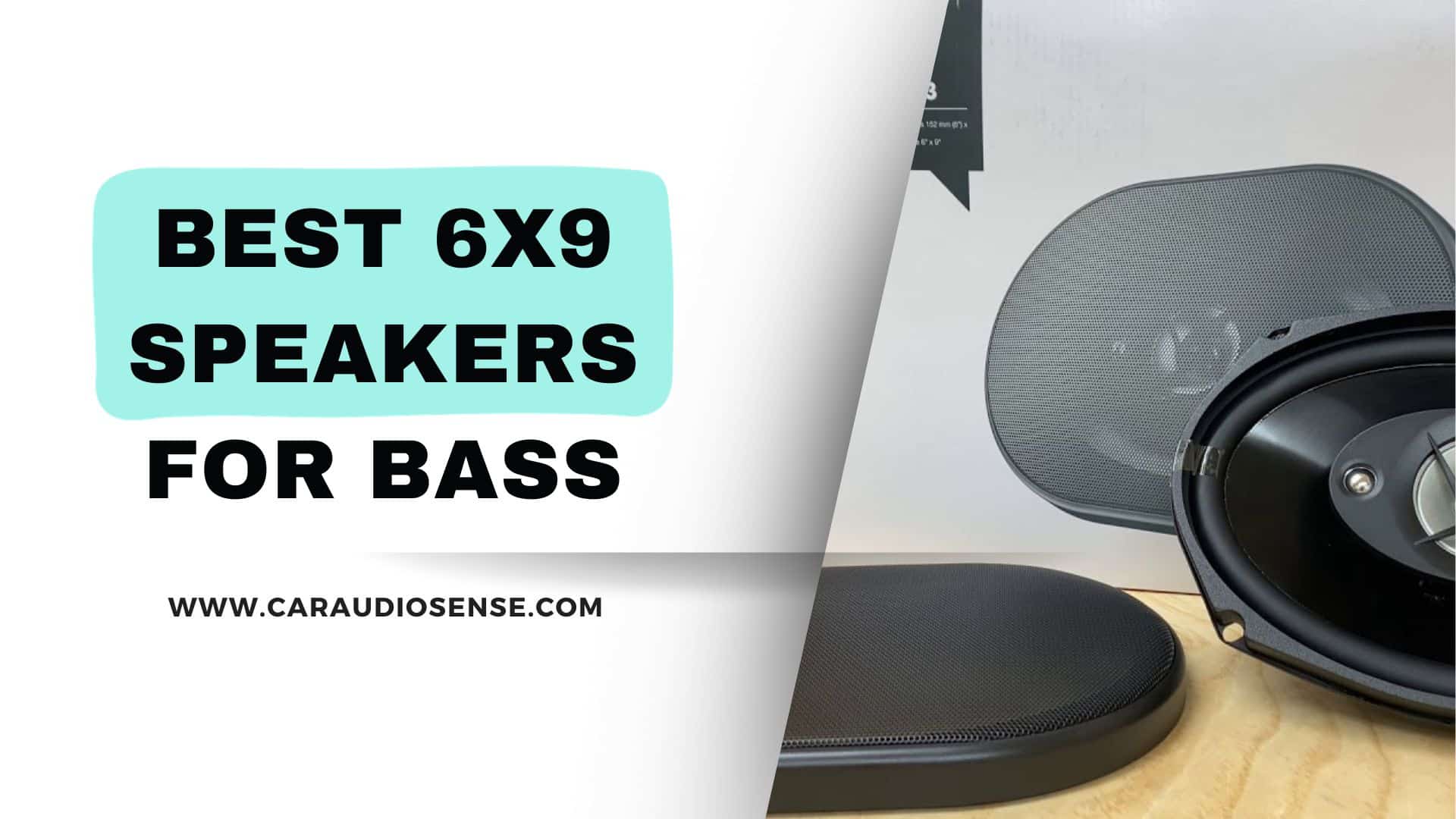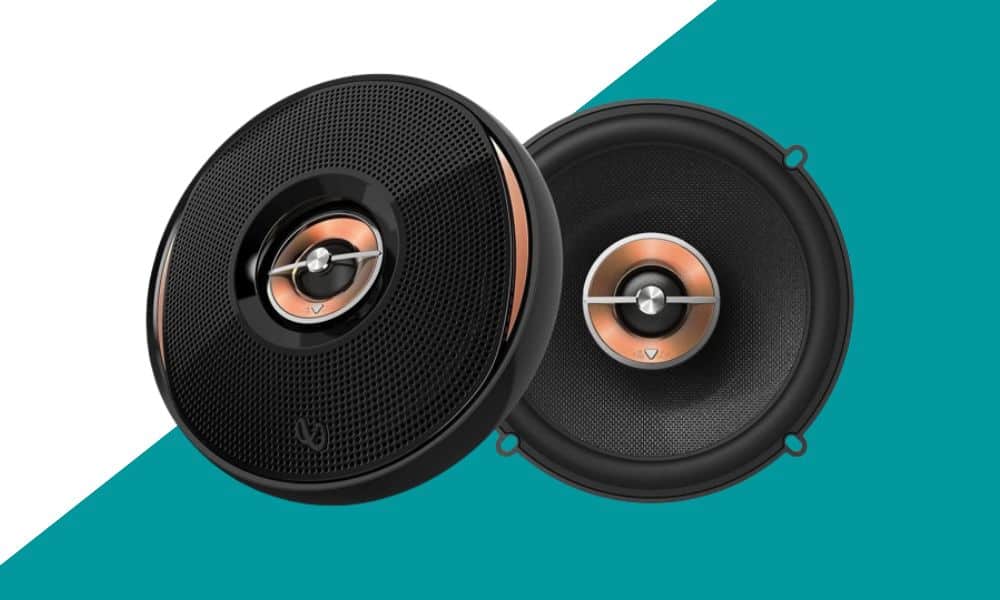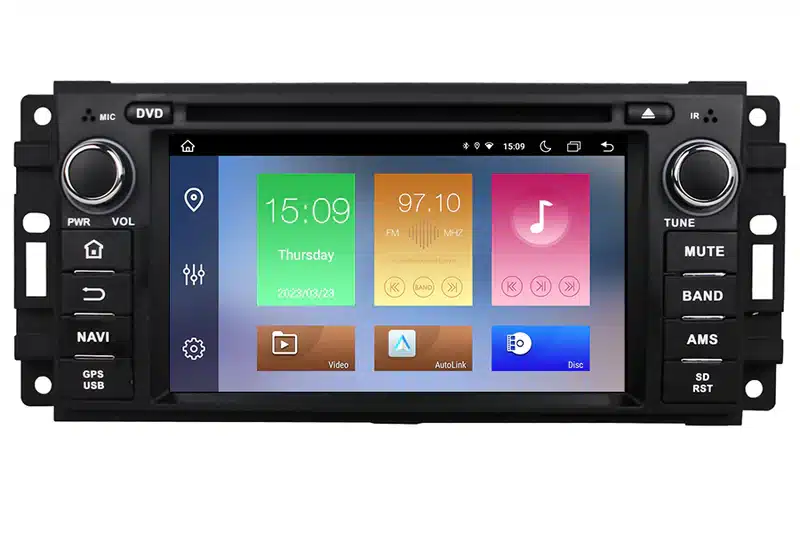Processing Power:
- Android OS: Intuitive and familiar interface for a seamless transition.
- 64-Bit 8-Core CPU & 4GB RAM: Blazing-fast performance for smooth multitasking.
- 64GB Storage: Plenty of space for your music, movies, and apps.
Display That Dazzles:
- 6.2″ Touchscreen: Crystal clear visuals and easy control at your fingertips.
- 800×480 Resolution: Sharp graphics and vibrant colors.
Connectivity Central:
- Wi-Fi: Stream music, download apps, and stay connected on the go.
- Dual Micro SD Card Slots: Expand your storage for even more entertainment options.
- Dual USB Ports: Charge your phone and connect additional devices simultaneously.
Amp Up Your Audio:
- Built-in 4x45W DSP Amplifier: Powerful sound that fills your Dodge with rich audio.
- Multiple Audio Outputs: Connect to your speakers and subwoofer for a customized sound experience.
- Audio/Video Inputs & Outputs: Expand your entertainment options with external devices.
Navigation Made Easy:
- Built-in GPS & Preloaded Maps: Get where you’re going with ease, even without an internet connection.
- Free Map Updates: Always have access to the latest maps.
- Stunning 3D Visualization & Text-to-Speech Navigation: Never miss a turn with clear and user-friendly guidance.
- App Support: Use your favorite navigation apps like Google Maps, Waze, and Sygic.
Entertainment on Demand:
- DVD Player: Play your favorite movies and music on the go.
- AM/FM Radio with RDS: Stay tuned to your favorite stations with clear reception.
- DAB+ Support (Optional Tuner): Enjoy digital radio with a wider variety of stations and crystal-clear sound.
- (Note: Sirius/XM Radio not supported)
Smart Integrations:
- Apple CarPlay: Access your iPhone seamlessly on the head unit’s touchscreen.
- Android Auto: Enjoy a familiar Android experience on the go with your Android phone.
Safety First:
- Backup Camera Compatibility (Optional Camera): See what’s behind you for safer reversing.
- Sony CCD Camera with Night Vision (Optional): Enhanced visibility even in low-light conditions.
More to Explore:
- SD/USB Music, Video, and Photo Playback: Enjoy your personal media library on the road.
- Phone Charging via USB Port: Never run out of battery on your phone.
- Digital TV Receiver Compatibility (Optional Tuner): Catch all your favorite TV shows on the go (ATSC/DVB-T/DVB-T2/ISDB-T supported).
- Front In-Dash Camera Compatibility (Optional Camera): Record your drives for safety or fun.
- Steering Wheel Control Support: Keep control of your music and navigation without taking your hands off the wheel.
- Auxiliary Input: Connect additional devices for even more entertainment options.
- Google Play Store: Download endless apps to customize your head unit experience.
